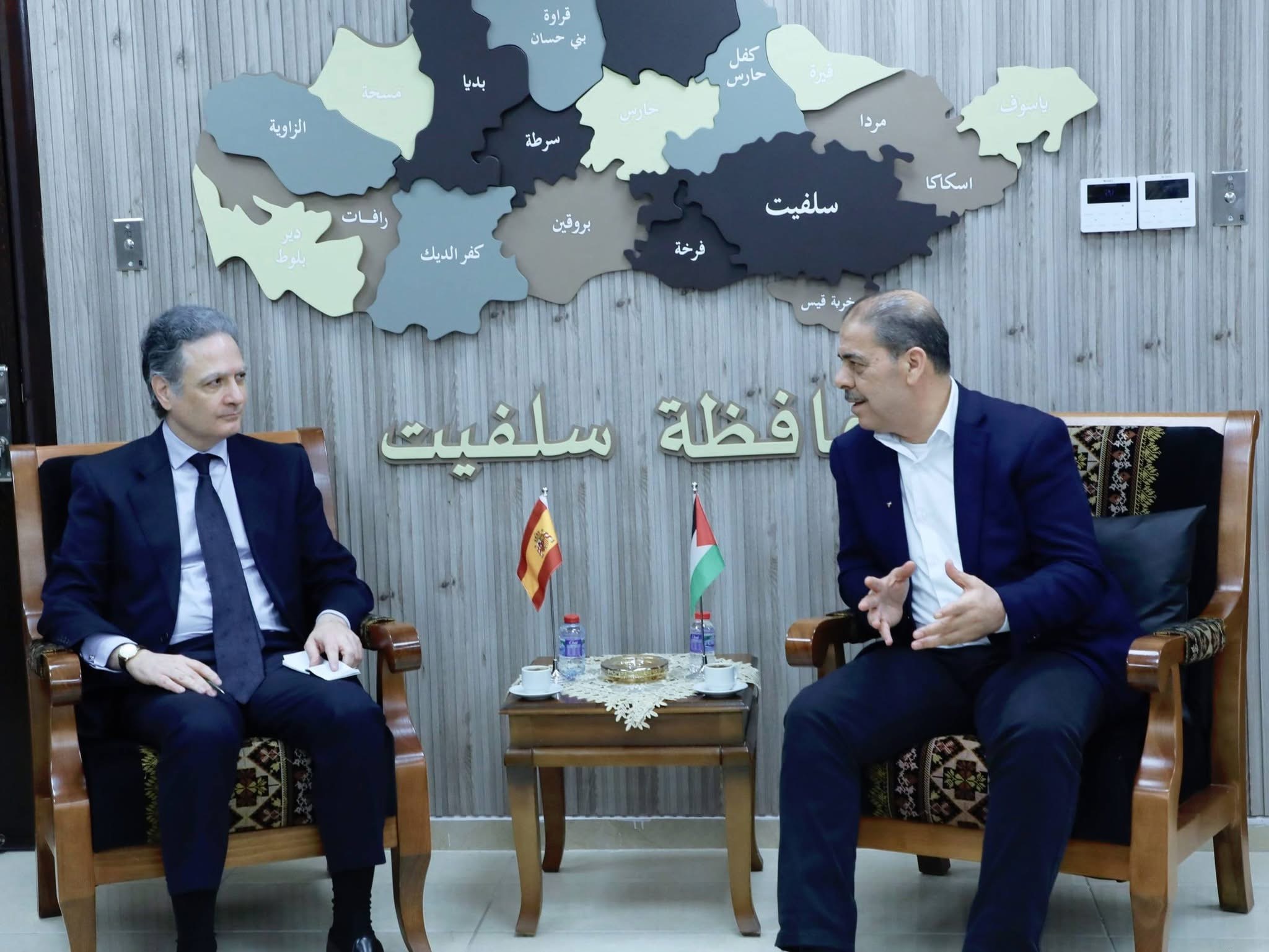ATHENS, Monday, December 21, 2020 (WAFA) - The European Union-funded regional Water and Environment Support project (WES) has just started supporting Jordan in exploring the potential of Natural Water Retention Measures (NRWM), today said a WES press release.
According to Professor Michael Scoullos, team leader of WES, the project will support Jordan in adopting good practices from other countries and to determine which measures are most appropriate to apply in the country.
Water scarcity in Jordan is increasingly getting more severe, with annual per capita shares of renewable freshwater resources being less than 60 m3 per capita. This is partly due to the semi-arid climate of Jordan, compounded with high population growth rates. According to the World Health Organisation, Jordan will enter a state of "extreme water poverty" by 2025 if no major advancements are made.
The rapid urban growth in Jordan has been accompanied by a reduction of recharge to the groundwater sources and an increase in stormwater flows. Because of a lack of natural infiltration areas for water, there is a severe loss of water yields to groundwater. Jordan has recently also witnessed a sharp increase in flood severity resulting in loss of lives and properties as well as in destruction of infrastructure. Therefore, dealing with stormwater has become more important than ever and new concepts of how to retain stormwater need to be explored.
Demetris Zarris, the WES expert leading this activity, explained in the kick-off meeting, which was held online with representatives of the Water Authority Jordan, the Ministry of Water and irrigation as well as representatives from the EU Delegation to Jordan and WES experts, that Natural Retention Water Measures are considered good and cheap solutions to alleviate water scarcity and mitigate flood risk as they are natural, and therefore not much additional infrastructure may be needed.
Furthermore, Natural Retention Water Measures are multi-functional measures that aim to protect water resources which are addressing water-related challenges while restoring or maintaining natural ecosystems.
The project will now take off to review best management practices in Natural Water Retention Measures used also in other countries both in the region and in Europe or other countries, and screening those applicable to arid and semi-arid areas, after which two pilot zones for the project activities will be selected. One pilot zone will be in a peri-urban area while the other will be in a rural or natural area.
Upon selection of the pilot zones, a number of Natural Water Retention Measures will be designed for those areas and a cost-benefit analysis will be made, taking into account the benefits of water retention and the costs of applying those Natural Water Retention Measures.
The project will be concluded with a final workshop where results will be presented with the aim to be duplicated in other areas in Jordan.
M.K.










